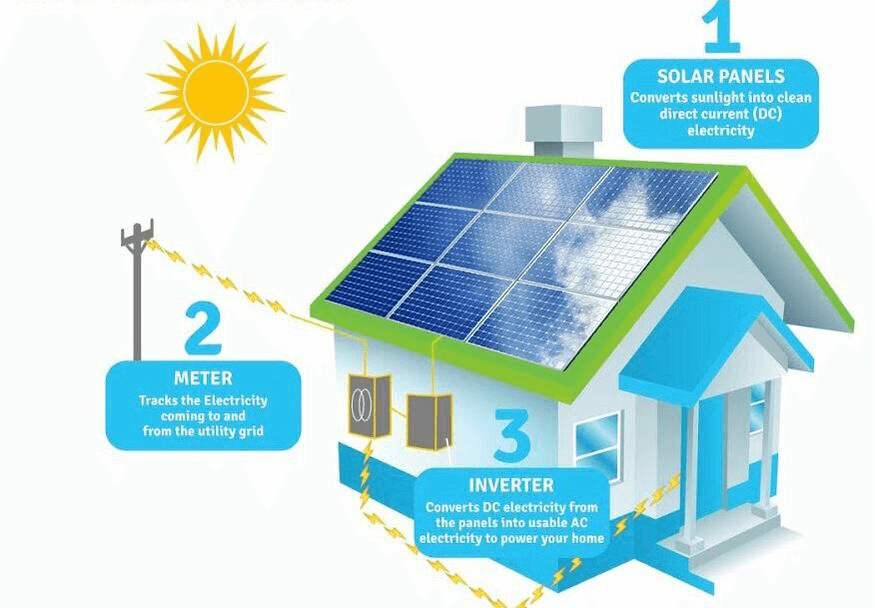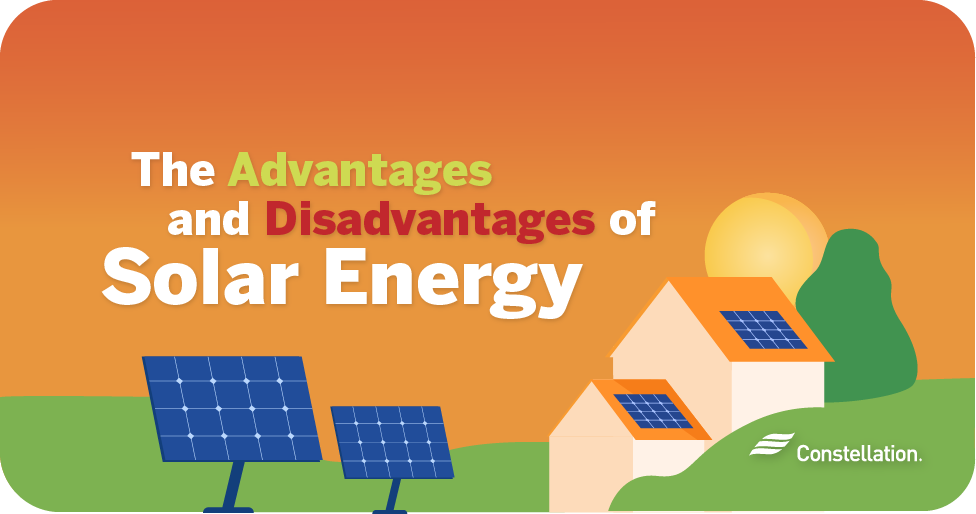Exactly How Solar Power Can Help You Save Money and Decrease Your Carbon Footprint
The assimilation of solar energy right into your power profile offers a compelling opportunity for both monetary cost savings and ecological stewardship. By harnessing the sunlight's power, homeowners can dramatically lower their regular monthly utility expenses while also protecting against the unpredictability of future energy costs. In addition, the shift to solar adds to a marked decline in carbon emissions, straightening personal money with more comprehensive eco-friendly objectives. As various government motivations come to be offered, the question arises: just how can one successfully navigate the initial investments and continuous benefits of solar technology to optimize both financial and environmental gains?
Comprehending Solar Power Savings
While the transition to solar power commonly involves an initial investment, comprehending solar power cost savings is vital for homeowners and businesses alike. Solar power systems can significantly reduce power bills by harnessing the sunlight's energy, equating into substantial lasting economic advantages.
Moreover, solar energy systems may receive various monetary incentives, consisting of tax credit scores and refunds, further improving their cost-effectiveness. The schedule of net metering allows individuals to market excess power back to the grid, creating an additional income stream. These factors add to the general cost savings related to solar power.

Along with guide monetary savings, solar power uses the included advantage of increasing property worth. Residences furnished with photovoltaic panels are commonly a lot more appealing to customers, as they promise reduced power expenses - Simply Solar Illinois. Comprehending these components is essential for anybody taking into consideration solar power, as it highlights not just the potential monetary gains, yet also the more comprehensive ecological and economic advantages of adopting renewable power options
Initial Costs vs. Long-Term Benefits
When examining solar energy, it is essential to consider the first expenses against the lasting benefits. The upfront financial investment for photovoltaic panels, installation, and related devices can be substantial, typically varying from $15,000 to $30,000, depending on the system dimension and home power demands. This first expenditure may discourage some home owners; nonetheless, it is important to consider the possible financial savings gradually.
Once set up, solar energy systems can considerably reduce and even eliminate regular monthly electrical power bills, causing substantial long-term monetary benefits. Research studies indicate that property owners can save anywhere from $10,000 to $30,000 over the life expectancy of their planetary system, normally 25 years. Furthermore, many states provide motivations, tax credit histories, and refunds that can balance out initial prices, making solar a lot more obtainable.

Reducing Your Carbon Impact
Minimizing your carbon footprint is a vital factor to consider in today's ecologically conscious culture, and adopting solar energy is one of the most effective approaches to achieve this objective. Solar energy is a tidy, renewable energy that considerably lessens dependence on nonrenewable fuel sources, which are major factors to greenhouse gas discharges.

Moreover, the prevalent fostering of solar innovation urges the growth of green tasks and sustains developments in power storage space and efficiency. The even more individuals and companies buy solar energy, the higher the cumulative decrease in carbon discharges, promoting a cleaner ambience for future generations.
Government Rewards and Refunds
Adopting solar energy not only profits the atmosphere but can additionally bring about significant financial cost savings, specifically with the availability of government motivations and rebates. Different government, state, and local programs are created to encourage property owners and services to invest in solar power systems, making the change much more economical.
Among the most popular motivations is the Federal Investment Tax Credit Scores (ITC), which permits planetary system owners to subtract a significant percent of the installment prices from their federal tax obligations. This incentive has been essential in helpful site reducing the in advance expenditures connected with solar power systems. In addition, several states supply their very own tax obligation credit scores, grants, and rebates that can even more enhance savings.
Furthermore, some city governments provide building tax exemptions for solar installations, ensuring that home owners do not encounter enhanced residential property tax a knockout post obligations as a result of their renewable energy investments. Utility firms might additionally supply incentives, consisting of net metering and feed-in tariffs, which allow solar power users to offer excess power back to the grid.
Picking the Right Solar System
Picking the suitable solar system is essential for making best use of energy performance and economic advantages. The choice rests on numerous factors, including power demands, budget, and available area. Property owners need to begin by examining their power intake to figure out the system dimension required for optimal performance.
Following, consider the different sorts of solar technologies available. Simply Solar Illinois. Photovoltaic (PV) panels are one of the most typical, transforming sunshine straight right into electrical energy, while solar thermal systems concentrate on heating water. Each type has unique benefits relying on private needs
Budget plan considerations are additionally paramount. First installation costs can differ dramatically, so it is essential to compare quotes from look at here now multiple companies and discover financing choices. Government motivations and refunds can additionally decrease the monetary burden, making planetary systems extra accessible.
Verdict
The environmental advantages of solar energy contribute to lasting methods vital for combating environment change. Government incentives boost the expediency of solar modern technology fostering, encouraging a shift towards a cleaner, a lot more financially effective energy resource.